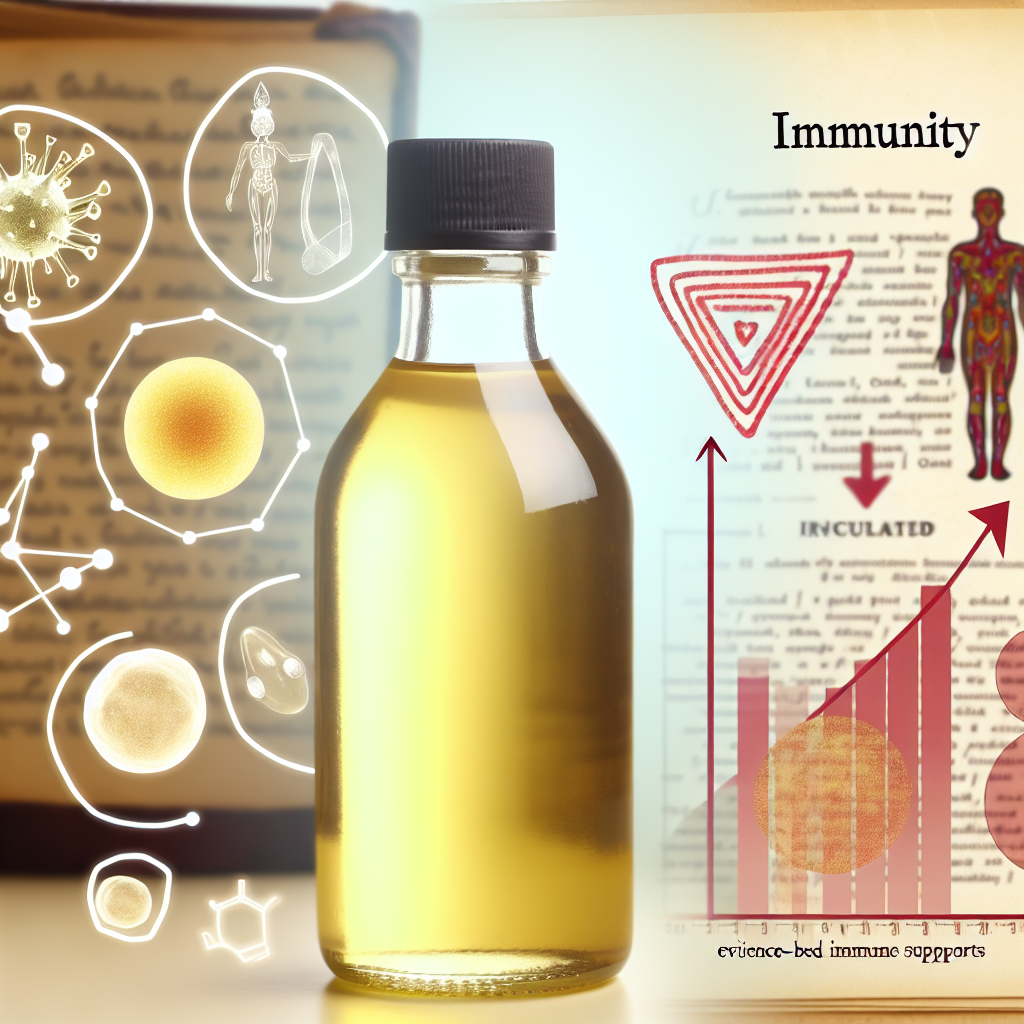Prebiotic-Rich Foods – Gut Flora Enhancement
Introduction
In recent years, consumers have become increasingly aware of the critical role that gut health plays in overall well-being. Emerging research links the composition and balance of gut flora—the diverse ecosystem of microorganisms living in our digestive tract—not only to digestion but also to immune function, mental health, energy levels, and even the risk of chronic diseases like diabetes, obesity, and inflammatory conditions. At the heart of establishing and maintaining a healthy gut microbiome is the food we consume. Specifically, prebiotic-rich foods provide essential nourishment for beneficial gut bacteria.
Unlike probiotics, which are live bacteria found in fermented foods and supplements, prebiotics are non-digestible fibers and natural compounds that act as “fertilizer” for the good bacteria already living in your gut. They pass through the small intestine without being digested and are fermented in the large intestine, selectively stimulating the growth and activity of beneficial microorganisms such as Bifidobacteria and Lactobacillus.
For individuals seeking natural remedies and holistic health solutions, incorporating prebiotic-rich foods offers a way to effortlessly boost gut health without relying on pharmaceutical products. These dietary fibers are abundant in plant-based foods like onions, garlic, bananas, leeks, and especially inulin-rich sources such as chicory root—a highly effective but often overlooked prebiotic.
Unfortunately, the standard Western diet is low in fiber and prebiotics, contributing to poor microbial diversity. This decline in gut flora diversity can lead to a host of health issues including bloating, constipation, low energy, and weakened immunity. Integrating foods high in prebiotics is a simple yet powerful way to rebalance the microbiome and prevent conditions like IBS, IBD, and metabolic syndrome.
Throughout this article, we explore the scientific mechanisms behind prebiotics, evaluate key studies validating their benefits, and identify the top whole-food sources to include in your daily diet. Whether managing digestive discomfort or elevating your total wellness routine, these natural allies may be the missing link in your health journey.
Scientific and Medical Studies Supporting Prebiotics and Gut Flora Enhancement
The beneficial link between prebiotics and gut health is supported by a growing body of scientific research.
A pivotal 2007 study published in the Journal of Nutrition explored the impact of inulin-type fructans—one of the most potent forms of prebiotics. The researchers documented a significant increase in the population of Bifidobacteria, which contribute to immune function, support the synthesis of short-chain fatty acids (SCFAs), and reduce intestinal inflammation. SCFAs such as butyrate are known for strengthening the intestinal wall and regulating inflammatory responses throughout the body.
A 2020 review in the journal Nutrients examined the role of prebiotics in the gut-brain axis. This research demonstrated how fermentable fibers influence the production of neurotransmitters like serotonin—the “feel-good” hormone—highlighting a potential role in mood stabilization and mental wellbeing. These findings bolster the idea that dietary prebiotics for mental health could serve as non-invasive support strategies alongside or instead of conventional treatments.
A randomized clinical trial published in the British Journal of Nutrition found participants consuming prebiotic-enriched diets had reduced post-meal blood sugar levels and improved fullness compared to the control. This adds evidence showing that beyond digestive health, prebiotics may also support weight management and glucose regulation.
A 2017 meta-analysis from Frontiers in Immunology analyzed the effect of prebiotics like GOS and FOS in children. The researchers found that prebiotics modulated the immune system favorably, even reducing the frequency of respiratory infections in children consuming milk enriched with these fibers.
Together, this mounting scientific evidence supports the integration of prebiotics for immune health, digestive stability, mental balance, and chronic disease prevention. Leveraging prebiotic-rich foods is a natural, validated health strategy with broad-reaching impacts.
Best Natural Prebiotic-Rich Foods for Gut Health
Enhancing your digestive microbiome starts in your kitchen. Here are several of the best natural sources of dietary prebiotics you can include in your meal plan:
1. Chicory Root – Containing nearly 65% inulin by weight, chicory root is a prebiotic powerhouse. Its high fiber content nourishes Bifidobacteria and promotes feelings of fullness, making it helpful for weight management.
2. Jerusalem Artichokes – Sometimes labeled as sunchokes, these are rich in inulin and support healthy stool frequency, improved absorption of calcium and magnesium, and reduce constipation.
3. Garlic and Onions – Both are rich in fructo-oligosaccharides (FOS) and sulfur compounds that can reduce inflammation and encourage the growth of good gut flora. Cooking tempers their bitterness while retaining key benefits.
4. Leeks – Milder in taste than onions, leeks contain prebiotics and powerful polyphenols that protect the integrity of the gut lining and help maintain microbial balance.
5. Bananas – Especially when slightly green, bananas are a rich source of resistant starch that improves stool consistency and nourishes colon cells through SCFA production.
6. Asparagus – High in inulin, asparagus feeds microbes like Lactobacillus that are essential for immune regulation and nutrient bioavailability.
7. Apples – Fueled by pectin, apples encourage the production of butyrate, which supports energy production for colon cells and improves regularity.
8. Dandelion Greens – Rich in fiber and minerals, these bitter greens support liver detoxification, stimulate bile flow, and serve as a food source for gut microbes.
Aim for diversity in your choices—different fibers feed different species of microorganisms. Rotating your food sources helps cultivate a more diverse microbiome, which is associated with stronger immunity and resilience against illness.
Conclusion
Incorporating prebiotic-rich foods into your diet offers one of the most cost-effective, natural, and scientifically supported ways to care for your gut—and, by extension, your entire body. The evidence is clear: our gut microbiota influences everything from immunity and digestion to mood and energy levels.
By adding natural options like garlic, chicory root, artichokes, and bananas into your meals, you’re laying the groundwork for healthier digestion, inflammation control, and emotional regulation—all without the need for supplements or synthetic interventions.
Whether you’re aiming to heal current digestive issues or prevent future health concerns, choosing whole foods that nourish your microbiome is a pillar for preventive health. This approach not only syncs with holistic and homeopathic principles but also places control back into your hands—one meal at a time.
Concise Summary
Prebiotic-rich foods such as chicory root, garlic, bananas, and asparagus provide essential fiber that fuels beneficial gut bacteria. These foods improve digestion, reduce inflammation, support immunity, regulate blood sugar, and influence mood by acting on the gut-brain axis. Scientific studies show that incorporating prebiotics can protect against diseases like IBS, IBD, and metabolic disorders. Unlike probiotics, which add bacteria, prebiotics nourish existing microbes—making them ideal for holistic, food-first approaches to health. Prioritizing diverse prebiotic foods every day helps build a balanced, resilient gut microbiome and promotes total well-being naturally.
References
1. Journal of Nutrition – Inulin-type fructans modulate human gut flora
2. Nutrients – Prebiotics and the gut-brain axis
3. British Journal of Nutrition – Prebiotics and blood glucose regulation
4. Frontiers in Immunology – Prebiotics and immune modulation

Dominic E. is a passionate filmmaker navigating the exciting intersection of art and science. By day, he delves into the complexities of the human body as a full-time medical writer, meticulously translating intricate medical concepts into accessible and engaging narratives. By night, he explores the boundless realm of cinematic storytelling, crafting narratives that evoke emotion and challenge perspectives.
Film Student and Full-time Medical Writer for ContentVendor.com



